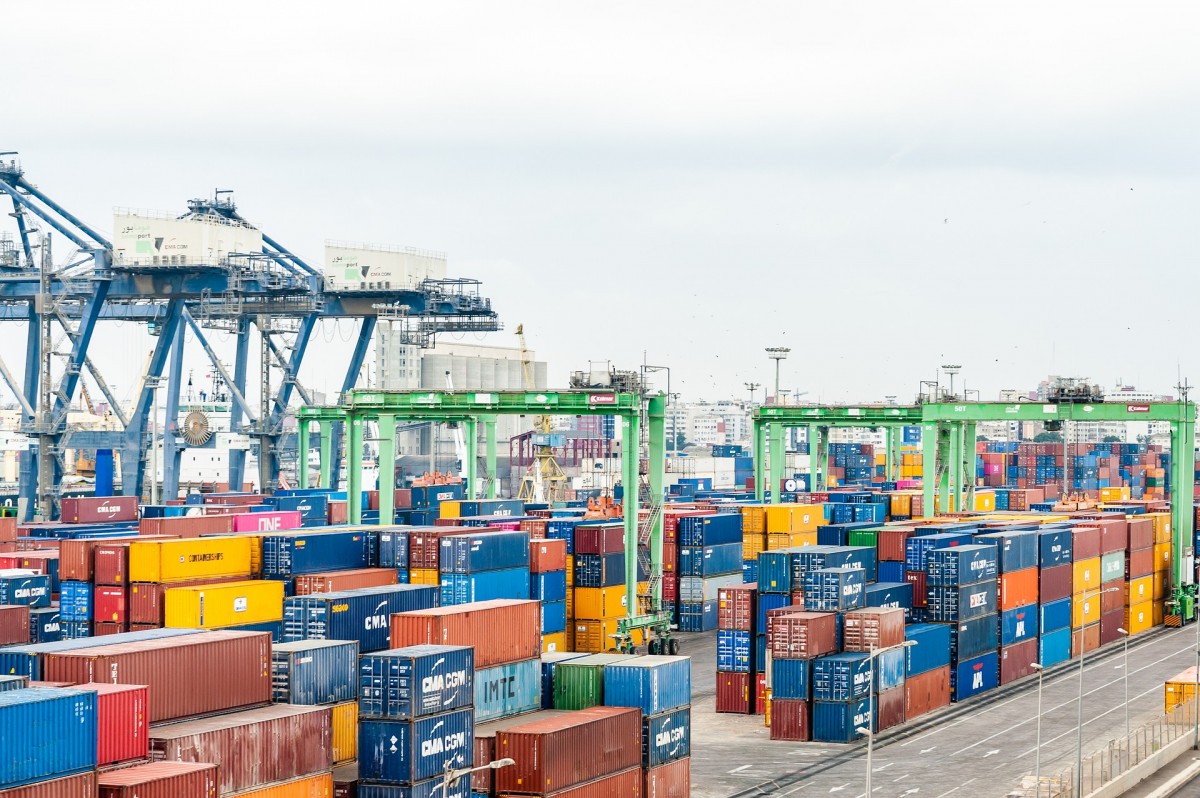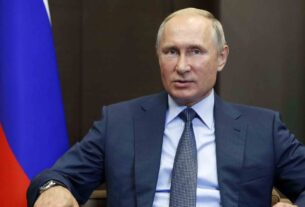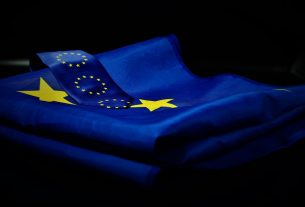As of 12 August, some of Cambodia’s typical export products such as garments, footwear and travel goods are subject to the European Union’s customs duties. The EU’s decision to partially withdraw Cambodia’s duty-free quota-free access to the EU market is now effective. The preferential treatment enjoyed by Cambodia under “Everything But Arms” (EBA) – the EU’s trade arrangement for Least Developed Countries – is now temporarily lifted due to serious and systematic concerns related to human rights ascertained in the country. The EU enforces this measure while staying open to engage with Cambodia on the necessary reforms.
Commissioner for Trade Phil Hogan said: “We have provided Cambodia with trade opportunities that let the country develop an export-oriented industry and gave jobs to thousands of Cambodians. We stand by their side also now in the difficult circumstances caused by the pandemic. Nonetheless, our continued support does not diminish the urgent need for Cambodia to respect human rights and labour rights. I stand ready to continue our engagement and to restore fully free access to the EU market for products from Cambodia provided we see substantial improvement in that respect.”
The withdrawal of preferential access to the EU market concerns approximately 20% of Cambodia’s exports to the EU. Cambodia may still export those products to the EU but they will be subject to general tariffs applicable to any other member of the World Trade Organization. The remaining 80% of Cambodia’s exports continue to enjoy preferential (duty-free, quota-free) access to the EU market.
The Commission, together with the European External Action Service (EEAS), will continue its enhanced engagement with Cambodia. The EU will keep on monitoring the situation in the country, with a particular focus on current restrictions in the areas of freedom of expression and civil and political rights, as well as land disputes and labour rights in the context of the ongoing reforms.
The EU is aware of the significant impact of the coronavirus pandemic on Cambodia’s economy and employment and stands ready to support the country in its fight against the coronavirus crisis and towards economic recovery. This, however, does not waive the urgent need to ensure respect for human rights and labour rights in Cambodia.
Since February 2020, when the EU’s decision on partial withdrawal was taken, the Cambodian Government could at any time have taken the necessary steps to fulfil the conditions allowing the European Union to fully restore EBA preferential access to the EU market. This remains the case.
The Cambodian authorities should take action to restore political freedoms in the country, to re-establish the necessary conditions for a credible, democratic opposition and to initiate a process of national reconciliation through genuine and inclusive dialogue. The Commission and the EEAS have outlined the necessary actions to the Cambodian authorities on numerous occasions, as well as in the Commission’s Delegated Regulation. Actions include the reinstatement of the political rights of opposition members and the repeal or revision of laws, such as the Law on Political Parties and the Law on Non-Governmental Organisations. If the government of Cambodia shows significant progress, particularly on civil and political rights, the Commission may review its decision and reinstate tariff preferences under the “Everything But Arms” arrangement, in line with the provisions of the EU Generalised Scheme of Preferences.
Background
The “Everything But Arms” (EBA) arrangement is part of the EU’s Generalised Scheme of Preferences (GSP). The GSP allows vulnerable developing countries to benefit from lower duties or duty-free exports to the EU, and hence stimulate their economic growth. It is a one-way arrangement: it does not require reciprocity vis-a-vis EU exports. Through the EBA arrangement, the EU grants duty-free and quota-free access to its market for all products – except arms and ammunition – from Least Developed Countries (as defined by the United Nations). Under the GSP Regulation, tariff preferences may be suspended in the case of “serious and systematic violation of principles” laid down in the international human rights and labour rights conventions listed in an annex to the GSP Regulation.
Based on serious concerns about the deterioration of political, human, land and labour rights in Cambodia, in February 2019, the Commission opened a procedure for a withdrawal of the EBA preferences granted to Cambodia. On 12 November 2019, the Commission submitted to Cambodia a report demonstrating serious and systematic violations of key principles of the International Covenant on Civil and Political Rights (ICCPR) linked to political participation, freedom of expression and freedom of association in Cambodia. At the same time, despite remaining serious concerns, the report underlined tangible progress in solving land disputes in the sugar sector and with respect to labour rights. Following a period for comments, on 12 February 2020, the Commission adopted a Delegated Regulation on a temporary and partial withdrawal of tariff preferences granted to Cambodia under the EBA. The Regulation entered into force on 25 April 2020 and takes effect as of 12 August 2020.
ec.europa.eu
pixabay










